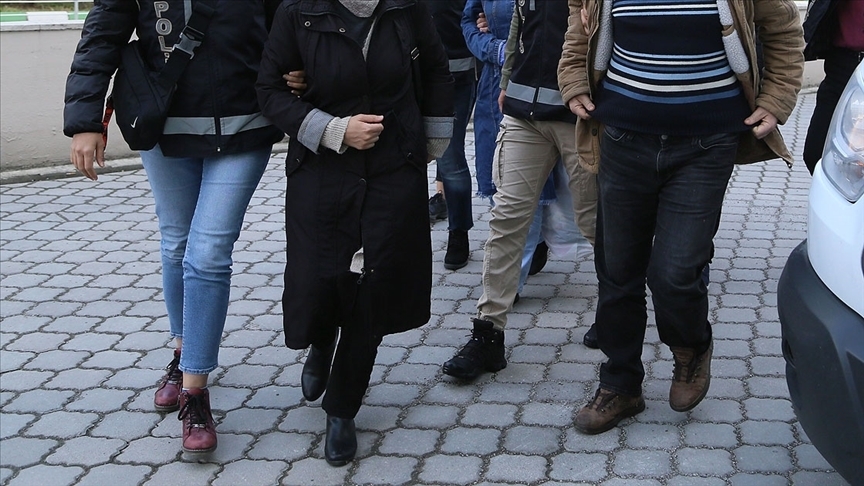In a significant escalation of an ongoing crackdown on individuals alleged to have links to the faith-based Gülen movement, Turkish Interior Minister Ali Yerlikaya on Tuesday announced the detention of 459 people across 66 provinces on terrorism accusations over alleged links to the movement, the TR724 news website reported.
This operation is the largest targeting alleged Gülen followers since the death of Turkish-Islamic scholar Fethullah Gülen in the US at the age of 83 on October 20.
Yerlikaya said there would be no “slackening” in the fight against the movement following the death of Gülen, whose ideas and teachings inspired the movement, echoing a similar promise made by President Recep Tayyip Erdoğan and other government officials following Gülen’s passing.
The accusations against the detainees include disseminating “propaganda” for the movement on social media and using payphones and the now-defunct encrypted messaging app ByLock to secretly communicate with their contacts in the movement.
The final decade of Gülen’s life was marked by numerous accusations from the Turkish government, resulting in a significant crackdown on both his actual and perceived followers.
The Turkish government accused him of masterminding corruption investigations in 2013 and a coup attempt in July 2016. Once praised for his movement’s activities in education, interreligious dialogue and charity work, the Turkish government labeled Gülen and his followers as “terrorists” in May 2016.
The so-called “payphone investigations” are based on call records. The prosecutors allege that a member of the Gülen movement used a single payphone to call all his contacts consecutively. Based on that assumption, when an alleged member of the movement is found in call records, it is assumed that other numbers called right before or after that call also belong to people with Gülen links. The authorities do not possess the content of the calls in question. The supposition of guilt is solely based on the order of the calls made from the phone.
ByLock, once widely available online, has been considered a secret tool of communication among supporters of the movement since a coup attempt on July 15, 2016, despite the lack of any evidence that ByLock messages were related to the abortive putsch.
Gülen and his followers have strongly denied any involvement in the coup or terrorist activities. The government crackdown on the movement’s members continues today in Turkey and abroad, with detentions, arrests and deportations or extraditions of followers from foreign countries.
The detentions come despite a landmark ruling from the Grand Chamber of the European Court of Human Rights last September that found the use of ByLock not to constitute a criminal offense. The Grand Chamber ruled in the case of former teacher Yüksel Yalçınkaya that the use of the ByLock application was not an offense in itself and did not constitute sufficient evidence for an arrest.
The operation involved simultaneous raids in 66 provinces, including İstanbul, Ankara and İzmir.
In his post,] Yerlikaya vowed to continue with the crackdown on the movement, which he described as a “treacherous structure that attempted to stage a coup against the national will.”
Since the coup attempt, a total of 705,172 people have been investigated on terrorism or coup-related charges due to their alleged links to the movement. There are currently 13,251 people in prison who are in pretrial detention or convicted of terrorism in Gülen-linked trials.
